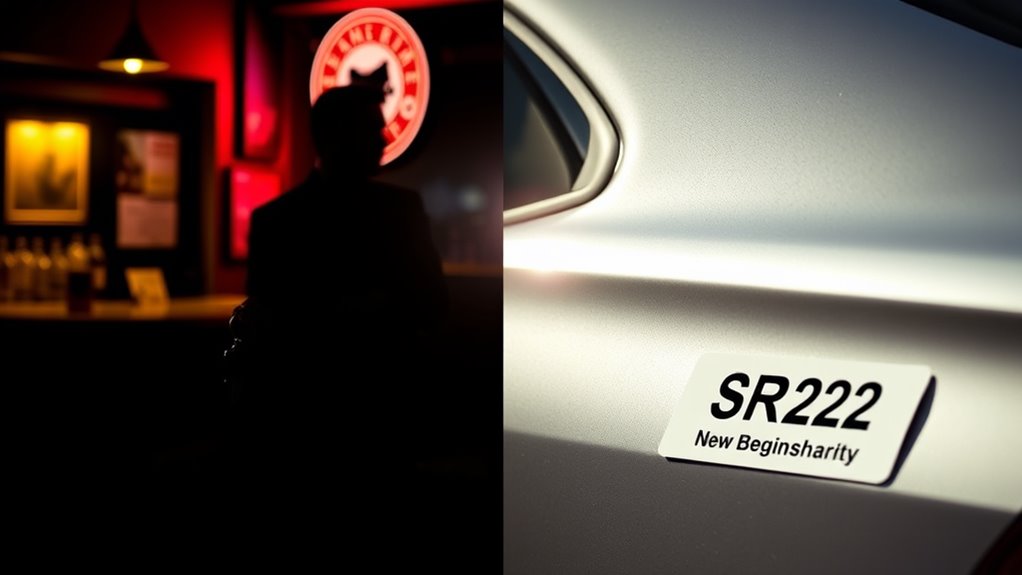Did you know that nearly 1 in 10 drivers in Missouri may require an SR-22 due to various infractions? If you're among those needing this certification for commercial vehicles, understanding the process is essential. Securing the right insurance and filing the SR-22 form can be intricate. However, knowing the specific steps to take will help you navigate this requirement smoothly. Let's explore how to guarantee compliance and avoid potential pitfalls.
Maneuvering the complexities of SR-22 requirements for commercial vehicles in Missouri is vital for operators, especially those classified as high-risk due to serious violations like DUIs. To guarantee compliance, you must understand the steps involved in obtaining an SR-22 and maintaining the requisite insurance coverage.
The process starts with securing the minimum liability insurance mandated by Missouri law, which requires $25,000 for bodily injury per person, $50,000 for bodily injury per accident, and $25,000 for property damage. This foundational step is critical; without it, you can't proceed with the SR-22 filing. Additionally, it's important to note that the SR-22 acts as proof of minimum legally-required insurance coverage, ensuring compliance with state regulations. Understanding the minimum liability insurance limits is essential to avoid any legal issues.
Once you have the necessary insurance in place, you need to choose an insurance provider that specializes in SR-22 filings for commercial vehicles. Not all insurers are willing to file an SR-22, so this choice can notably impact your options. When selecting an insurer, consider their experience with commercial policies and their understanding of the specific requirements for high-risk drivers.
After settling on a provider, you'll need to request the necessary SR-22 form. The insurer will then file this certificate with the Missouri Department of Revenue on your behalf.
If you're operating multiple vehicles under a business, consider the Fleet SR-22 option, which covers all vehicles under a single policy. This can simplify the management of your insurance requirements and may even lead to cost savings through multiple vehicle discounts.
If you don't own the vehicles you operate, an Operator SR-22 will be vital, as it provides the required liability coverage for those vehicles.
Maintaining the SR-22 is equally important. Missouri mandates that you hold this coverage for a minimum of three years. Failing to maintain continuous coverage can lead to severe consequences, including the suspension of your driver's license and the potential for extended SR-22 requirements.
The penalties for non-compliance can also include fines and additional reinstatement fees should you face license suspension.
Costs associated with SR-22 insurance for commercial vehicles can be notable. Given the high-risk nature of many commercial drivers, you may find that premiums are higher than standard insurance rates. Additionally, filing fees, while usually minimal, can add to your overall costs.
The severity of any past traffic violations will also impact your rates, emphasizing the need for careful driving practices moving forward. To manage these expenses, it's advisable to shop around and compare rates among different providers.
Conclusion
To summarize, securing an SR-22 for your commercial vehicle in Missouri involves understanding your insurance needs, choosing the right provider, and maintaining continuous coverage. By ensuring you have the mandatory liability insurance, filing the SR-22 promptly, and adhering to the three-year compliance period, you're paving a clear path toward responsible driving. So, gather your documents, connect with an experienced insurer, and take control of your vehicle's future—because safety, compliance, and peace of mind are your ultimate goals.









